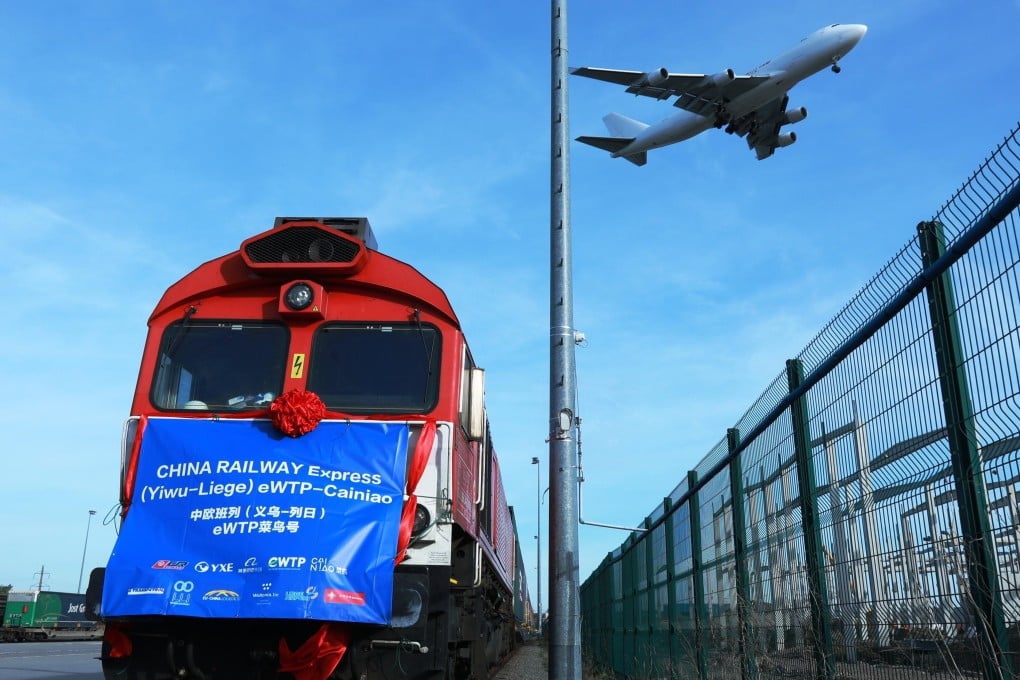Advertisement
Opinion | Forget decoupling. China’s economy is wedded to globalisation
- China has signalled its interest in large free trade agreements, even those led by the US or Japan. The RCEP is but a small gambit in China’s larger quest to connect its economy with the rest of the world
Reading Time:3 minutes
Why you can trust SCMP
0

The ink was barely dry on the Regional Comprehensive Economic Partnership (RCEP) when President Xi Jinping signalled at an Apec leaders’ meeting on November 20 that China was already thinking of joining the Comprehensive and Progressive Agreement for Trans-Pacific Partnership (CPTPP), a trade pact that was conceived by the United States and now favoured by Japan.
By opting to show China’s preference for large, regional free trade agreements, even those led by the US or Japan, China is sending two powerful signals. It wants Chinese state-owned enterprises to prevail in an expanding market overseas, not just within China. More importantly, the Asia-Pacific Economic Cooperation – which has set out a vision for liberalisation of more business sectors by 2040 – is vital. This is consistent with Xi’s speech in Davos in 2017, when he spoke highly of globalisation and free trade.
It should now be clear that globalisation is indeed a staple of Chinese policy. Thus, any talk of the decoupling of the Chinese economy from the rest of the multilateral trading world is unrealistic, to say the least.
Although Xi proposed a “dual circulation” strategy in May that includes pushing domestic consumer spending towards the levels of 70 to 80 per cent seen in developed economies, China should know that there are structural limits to this kind of “internal circulation”. China alone cannot absorb all the products it produces, and yet surpluses will bring down wholesale prices across the country. Also, with such a strategy, it will be less able to fatten its foreign reserves.

03:29
RCEP: 15 Asia-Pacific countries sign world’s largest free-trade deal
RCEP: 15 Asia-Pacific countries sign world’s largest free-trade deal
If China cannot improve relations with the US in the era of the Joe Biden administration, then blocs such as Apec, RCEP and CPTPP – or perhaps even a resurrected Trans-Pacific Partnership (TPP) – may be its best suite of options. When the RCEP was signed, China probably breathed a sigh of relief. However, the world’s biggest trade deal will only come into effect when at least six Asean member states and three non-Asean signatory countries ratify it domestically.
Advertisement

